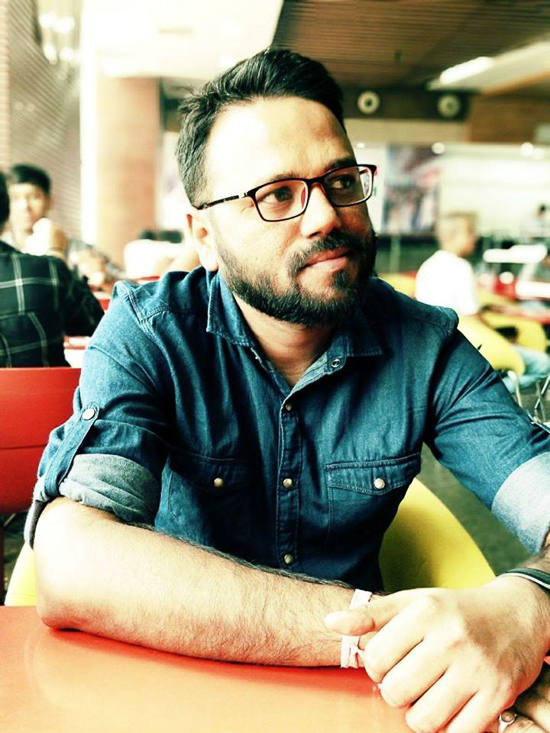I did my Ph.D. from the school of life sciences, Jawaharlal Nehru University, New Delhi, India. A dwindling question around us that, can a single target in cancer cell result into a cancer cure? And the vast datasets and literature suggest a big “NO”. Factors like p53, NFкB, TGFβ, telomerase, uPA and several other players have been considered as a potential therapeutic window but still the disease standing tall. This also bowed us to change our approach towards the disease, time to time. My doctoral work focused on the functional connection of two major tumor determinants: telomerase catalytic domain (TERT) and urokinase-type plasminogen activator and their therapeutic relevance in cancer therapy. I tried to correlate these two important pro-survival factors in cancer cells and how they interrelate and share the space in cellular processes. TERT has been prominently discussed in terms of life expectancy and its differential expression in 90% of cancers places it in the league of a potential therapeutic target for cancer. Reactivating telomerase is not the only way to obtain cellular immortality, around 10-15% of tumor cells maintain their telomere length over many population doublings in the absence of telomerase. Rather than reactivating telomerase, these cells use alternative mechanisms to maintain their chromosome ends which are collectively known as Alternative Lengthening of Telomeres (ALT). The existence of ALT changes our view towards anti-cancer therapies and development of an effective treatment will benefit by addressing the ALT-pathways. I joined Marita Cohn’s group as a postdoc fellow where I will be studying how telomeres are maintained in the telomerase knockout cells by using yeast as a model system. I will be focused on the elucidation of the molecular mechanisms of telomere maintenance.

